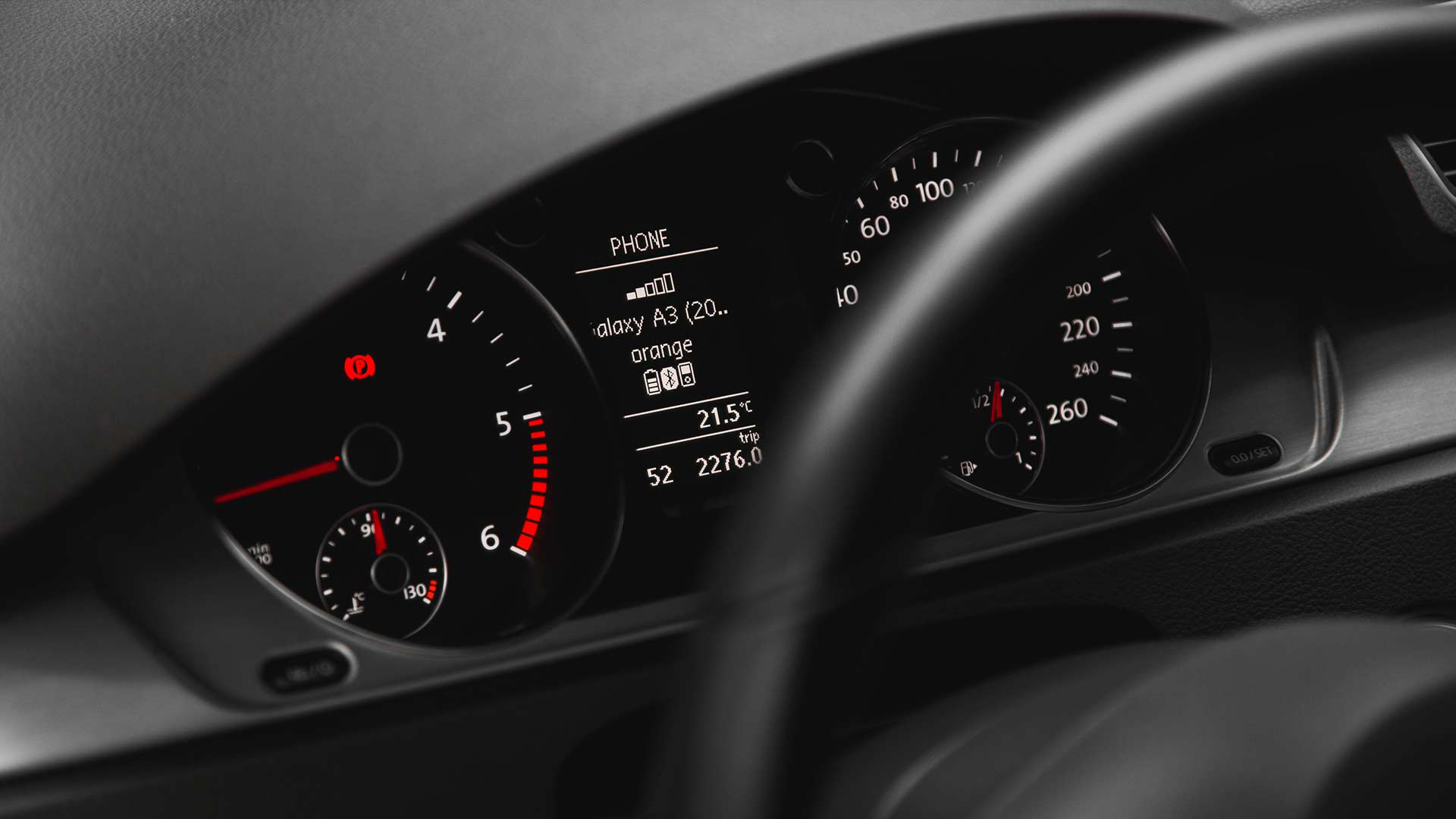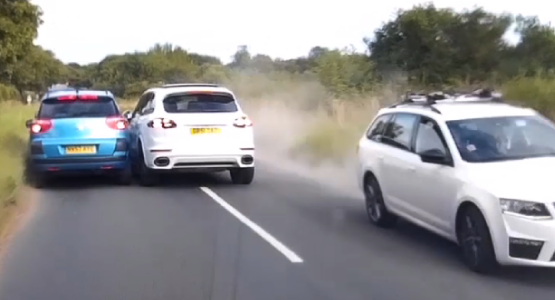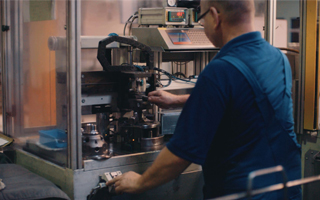Zero Tolerance Speed Limits

Back in January 2018 it was widely reported that the head of Road Policing for the National Police Chief Council, Anthony Bangham, wanted to implement a zero tolerance policy in regards to drivers that exceed the speed limit.
ZERO TOLERANCE OR NOT?
He was heard at the Police Federation’s road policing conference effectively saying exceeding the speed limit by any amount should result in the driver being punished and/or prosecuted because they broke law.
This news has resurfaced again as it‘s been revealed the current way limits are enforced is under official review, implying the Chief Constable is a step closer to getting his way.
After the original report, an attempt was made by him to back track on these comments once headlines claiming he wanted drivers punished for exceeding the limit by just 1 mph arose.
This 1 mph claim was not entirely true as Bagham was referring more to the buffer most Police forces allow for when deciding to pursue an offender, and not the margin of error allowed for the differences between equipment used measuring speed.
That’s still a major change to get used to, but it’s not completely clear as to whether he wants to impose zero tolerance or not. There’s a chance it could have just been a bit of speech boosting hyperbole.
SPEED CUSHION
Most forces currently operate the 10+2 rule; a buffer of 10% of the speed limit plus a margin of error of 2 mph giving a speed a driver must be travelling at before they intervene. This allows drivers to do a bit of quick math and essentially push their speed a little higher, safe in the knowledge they won’t be penalised for it.
What the Chief Constable was advocating is for drivers to be stopped at 2 or 3 mph over the limit, regardless of the speed of travel, instead of the sliding scale we have now – which ranges from 4 mph over at 20 mph to 9mph over at 70mph.
CONSEQUENCES
The question boils down to is it worth everything that comes with it for the sake of trimming off a few mph from average road speeds?
According to the Royal Society for the Prevention of Accidents, the answer is yes. They have published a fact sheet on Inappropriate Speed to add weight to the argument for implementing more aggressive enforcement.
It cites each drop of 1 mph in the average speed of vehicles travelling above 30mph results in an average 5% drop in the accident rate – and 6% if you looked at only urban and residential roads.

RESISTANCE
Interestingly, the proposals for such strict limits have been roundly criticised by numerous groups as heavy handed and over-zealous.
Drivers groups dismissed the idea as yet another cash generating exercise to squeeze more money from already over taxed drivers, with the changes likely to rack up huge sums in fines for just momentary lapses of judgement and minor mistakes.
Some MP’s also expressed concern over the welfare of drivers being made out to be criminals, seeing as that same RSPA fact sheet classes 47% of drivers as those who speeding at least occasionally – and that 81% of drivers exceed the limit in 20 mph zones.
CONCERNS
The AA’s response was a little more matter of fact, raising the question of what the consequences would be if drivers were so worried about breaking the law they spent disproportionate amounts of time monitoring their speedometers.
This is a valid concern, because if reducing your speed by just a single mile per hour results in a 5% drop in accidents, what would the effect be of drivers speeding twice as much time taking their eyes off the road to check their dials be?
It’s highly likely any benefit from the slight reduction in averages speeds would be entirely negated by the reduction in time drivers kept their eyes on the road.
It doesn’t help that vehicles themselves aren’t all conducive to the way the new proposals want speed limits enforced. 30 mph is very commonly the change point between 3rd and 4th gear, resulting in the engine working a bit too hard to cruise in 3rd but with 4th wanting to push you too fast and above the limit.
The safest and ‘legal’ solution would be to stay in 3rd under 30 mph, but this then opens up yet more cans of worms with regards to fuel efficiency and environmental impact.
It’s safe to say that the ripples emanating from what seems a very minor tweak in enforcement practices would in fact be quite far reaching.
Some drivers are all for the changes, repeating the mantra of posted speeds being limits not targets. Others argue that better driver education is a better course of action than simply levelling yet more fines.
All motorists can do now is await the results of the review.







